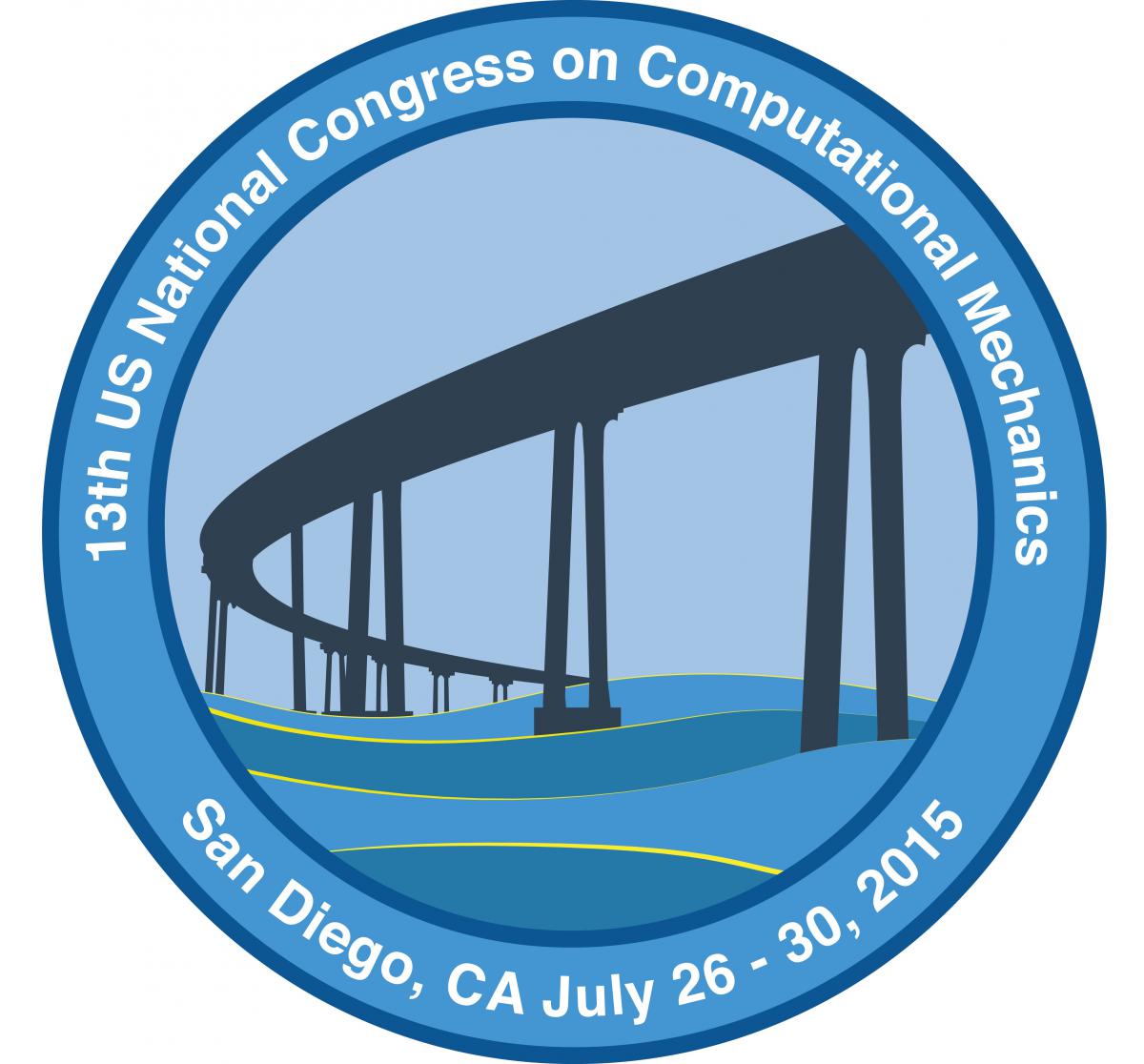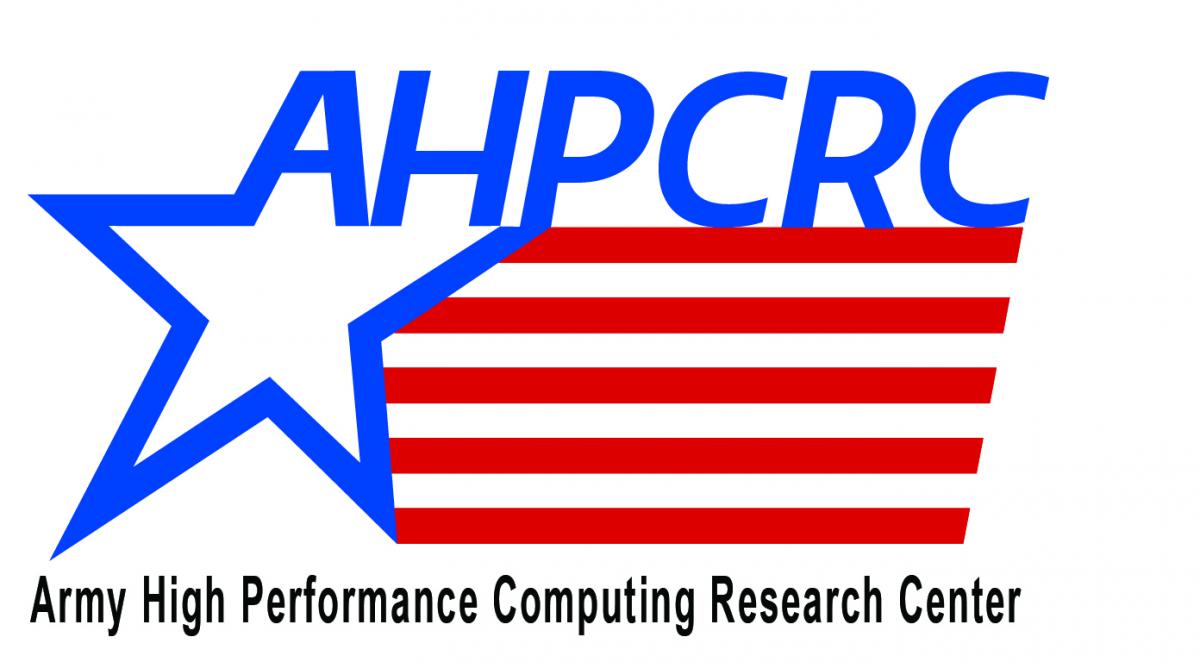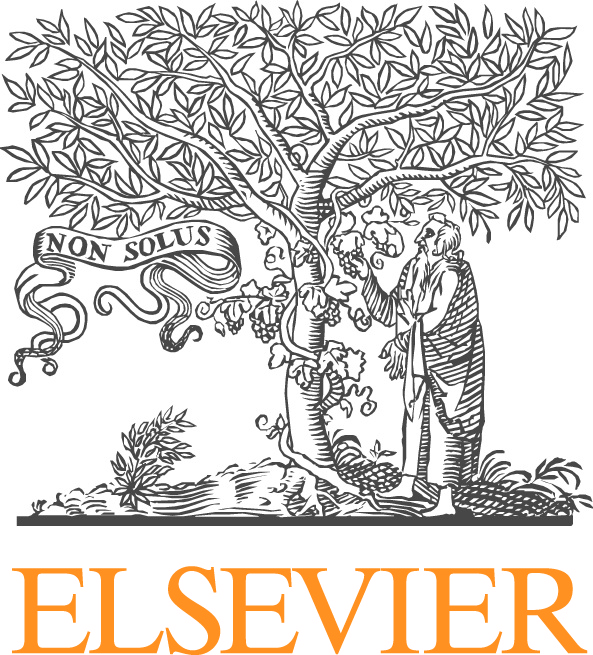International Symposium of High-order Methods for Computational Fluid Dynamics
This mini-symposium emphasizes the fundamental development and innovation of high-order numerical methods for solving fluid problems with complex geometries. A unique feature of this mini-symposium is to bring researchers from both departments of mathematics and aerospace engineering to have a dialogue of current state of the art, as well as future needs. The mini-symposium has direct impact in numerical methods and scientific computing for faculty and students of engineering, mathematics, and physics. The proposed mini-symposium will cover both the development of high-order methods and their applications, with specific focus on their use in the field of computational fluid dynamics and fluid-structure interaction. Numerical schemes falling within the remit of the mini-symposium include (but are not limited to) finite volume (FV) type essentially non-oscillatory (ENO) methods, FV type weighed ENO methods, compact differencing methods, k-exact methods, high-order continuous/discontinuous Galerkin finite element (FE) methods, hybridized discontinuous Galerkin methods, spectral difference methods, spectral volume methods, flux reconstruction methods/correction procedures via reconstruction.
This symposium is supported by the National Science Foundation and the George Washington University. Speakers for this symposium will be partially funded.





